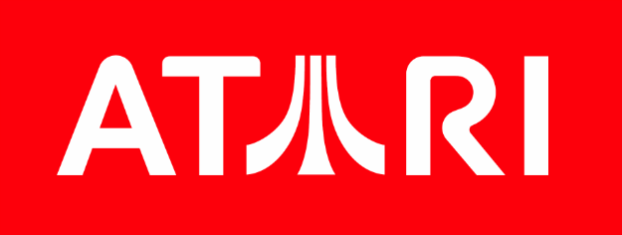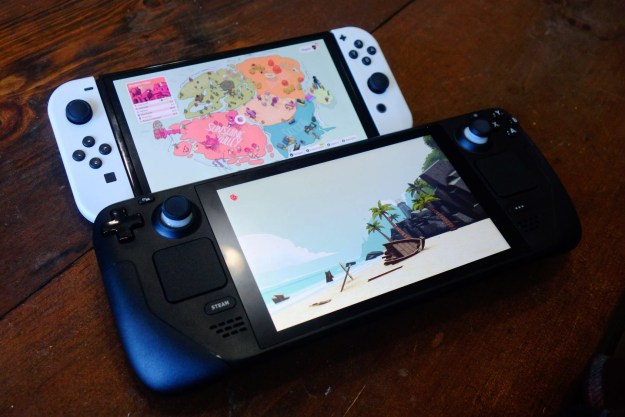
Atari is the Lynard Skynard of video game companies, a group with a recognizable name that started in the 1970s, but whose modern incarnation bears little to resemblance to the original. The company has merged with and been sold to other companies so frequently over the last forty years, that it’s hard to keep up. In almost every case, Atari has joined with other companies in order to survive rather than grow. Most recently, Atari parent game publisher Infogrames changed the name of its entire operation to the old brand, part of a consolidation movement after a decade of massive losses. It’s over, though. Atari will now be sold off to yet another band that will take up the mantle, as Atari Inc. has declared bankruptcy.
Atari Inc., the video game-developer and Western publisher subsidiary of Atari SA, filed for Chapter 11 reorganization with US Bankruptcy Court in New York on Sunday according to a report in The Los Angeles Times. Atari has actually been recovering since consolidating four years ago, releasing mobile games based on its most recognized properties like Pong and licensing out its iconic corporate logo for clothing and other products. The company’s survival, however, was reliant on a UK financial company called BlueBay Assets. Atari’s $28 million credit facility with BlueBay lapsed in December, leaving it with almost no cash, and crippling its ability to release new products.
Atari SA will now look for something to either buy Atari Inc. in full, or look for a buyer for its myriad classic gaming properties like Asteroids, Defender, and others. Even now, Greatest Hits compilations as well as plug-in-and-play Atari machines are reliable sellers. The logo also, as previously mentioned, has quite a bit of value. According to the Times report, Atari relied on logo licensing for 17 percent of its revenue.
From the beginning, the foundational video game company started by Nolan Bushnell has been plagued by bad business decisions and worse luck. Starting with Warner Communications’ (today known as Time Warner) acquisition of Atari in 1976, the Atari name gave the video game industry its first boom before all but collapsing it in the United States by 1983. Since then, Atari’s gone through various shapes. It survived as a console maker until the mid-90s, putting out failed machines like the portable Lynx and Nintendo 64 competitor Jaguar, before it was acquired by Hasbro. Infogrames purchased the company in 2000, and, despite publishing some decent titles in the decade since like Ghostbusters: The Video Game, it has been little more than a money sink.


